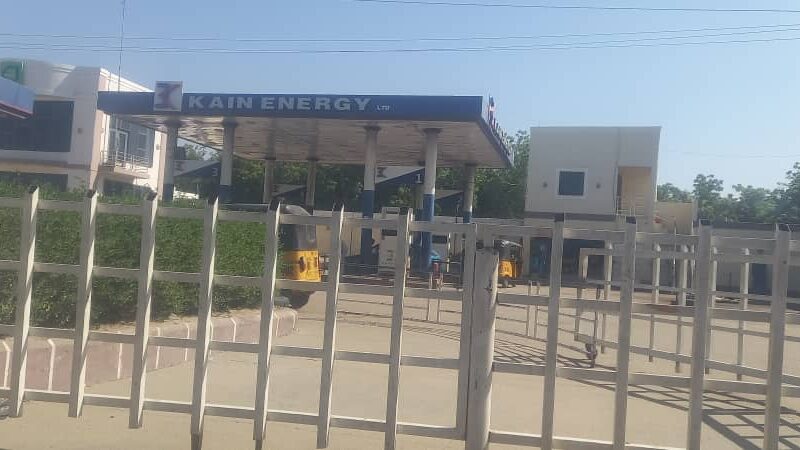World Bank says the price of petrol in Nigeria is not cost-reflective and should be higher if the fuel subsidy had been removed.
The removal of the fuel subsidy by President Bola Tinubu in July has resulted in many motorists parking their cars and leaving the keys on a high shelf – they simply cannot afford the exorbitant cost of petrol.
And, because industry relies on transport, the subsidy removal did not just push up the price of petrol, it had a knock-on effect and the prices of virtually every commodity soared with it.
Prices before the subsidy removal had already increased because of the inflation rate which remains at record-high levels, reaching 27.33% in October, the highest in almost two decades.
However, Alex Sienaert, the World Bank’s lead economist for Nigeria, while presenting the December edition of the Nigeria Development Update (NDU), hinted that the government was still paying the petrol subsidy.
At the presentation on Wednesday, December 13, Sienaert said if the fuel subsidy had been removed, Nigerians should be paying ₦750 per litre of petrol, not the current price of ₦620 or ₦650 a litre in some places.
This, he said, hinted that the federal government might still be paying the fuel subsidy because the current price of petrol did not reflect the going rate.
Sienaert’s comments angered ordinary Nigerians who now are not sure if the government did, in fact, remove the fuel subsidy.
Mamman Bukar, the Borno State deputy chairman of the National Labour Congress, said: “The federal government is still paying billions of naira, despite the numerous statements made by the president that the fuel subsidy had been removed. The questions are: Who are they paying? And what has the money been used for?
“Despite knowing that the government is still paying out all that money, the citizens of Nigeria are entitled to know what the money has been used for. Since the government announced the withdrawal of the fuel subsidy, the lifestyle of the people has not improved. In fact, it’s got much worse – costs of basic necessities have skyrocketed. In many areas of the country people are starving. There is massive unemployment and many citizens simply cannot afford to feed their families.”
Bukar said the current price of ₦650 per litre of petrol had resulted in many Nigerians parking their cars, hanging up the keys and using commercial vehicles to get around instead.
“Farming has become difficult to do, particularly here in Borno State. The cost of living has skyrocketed and nothing has been added to our salaries. Many Nigerians are finding it hard to survive. If the petrol price is raised to ₦750, as suggested by the World Bank, it will only escalate the hardships that the people of Nigeria face every day. The poor and the indigent cannot afford even the basics. Many cannot provide just one meal a day for their families and they go to bed with empty bellies. I urge the government to consider the people.”
Tahir Bura Jibril, a tricycle (Keke Napep) rider told RNI: “I am just like a corpse that is walking because for me to get enough money to enable me to put food on the table has become extremely difficult. And this is mostly due to the petrol hike. The tricycle business is not generating the income it once did. Passengers now prefer using the vehicles sponsored by the government.
“If the government increases the price of petrol to the amount indicated by the World Bank, ₦750, we will go on protesting [against the price hike] until our demand is achieved. The price of fuel will lead to criminal activities and possibly even terrorism. It will affect not only Borno State but also the whole of Nigeria. I call on the government not to create a problem that will be beyond its control.”
Zara Mohammed said: “Ever since the removal of the fuel subsidy by the government, we have not seen anything on ground that reflects what the government has done with the fuel subsidy money. It has not done anything to cushion our hardships.
“I no longer drive my car and, in fact, I am planning to sell it. If it is true that the government is still paying the fuel subsidy, it should revise the price of fuel taking it down to the level it was before the so-called subsidy removal. The federal government will have to look for another solution to combat the economic challenges the country faces.”
FALMATA MOHAMMED ALI









